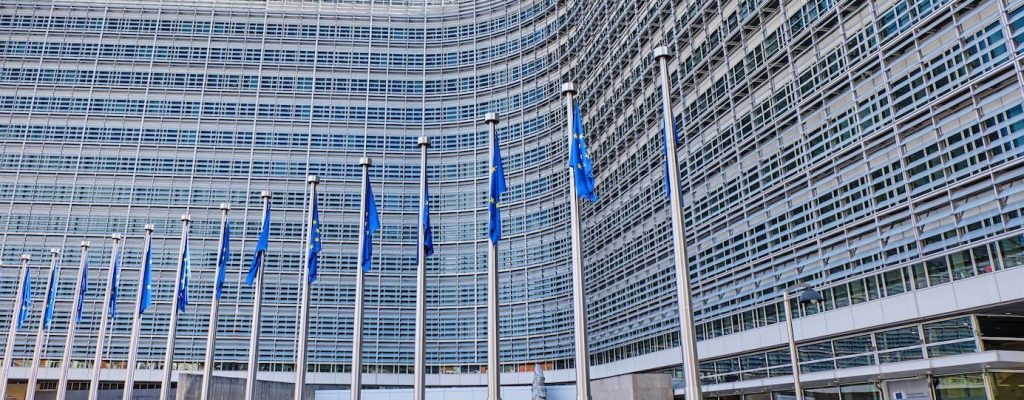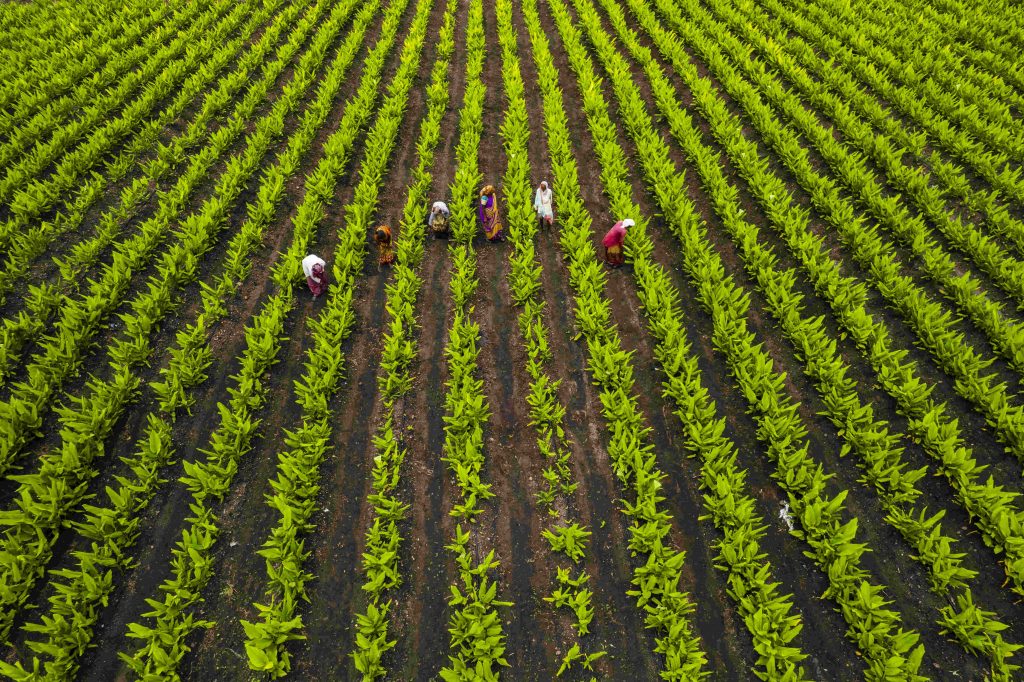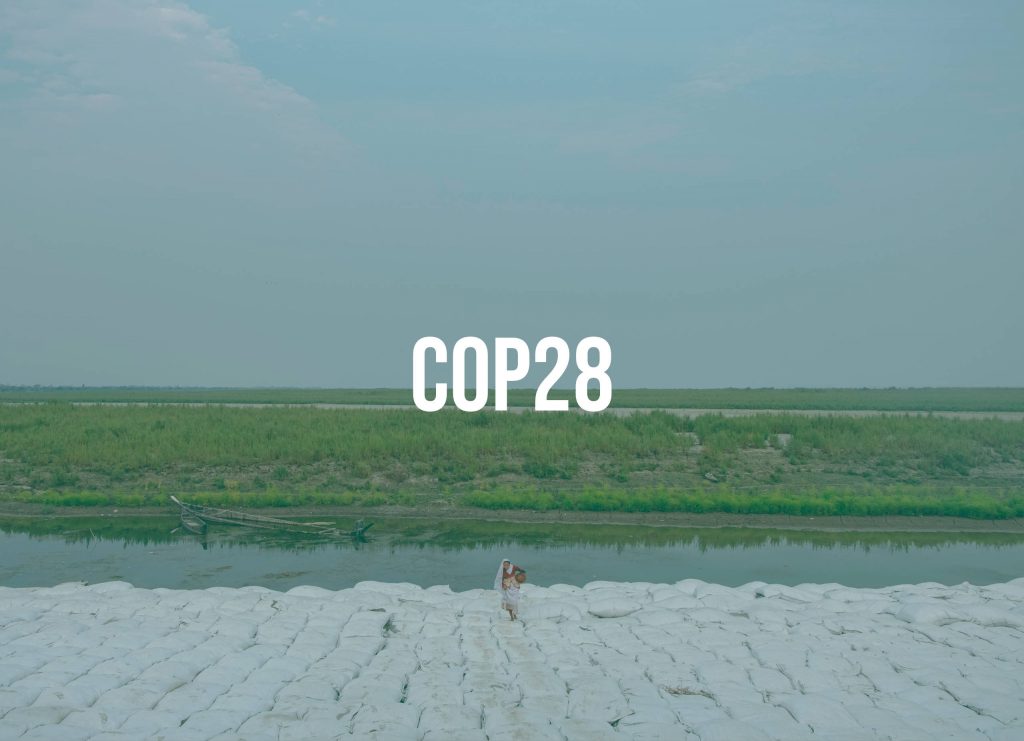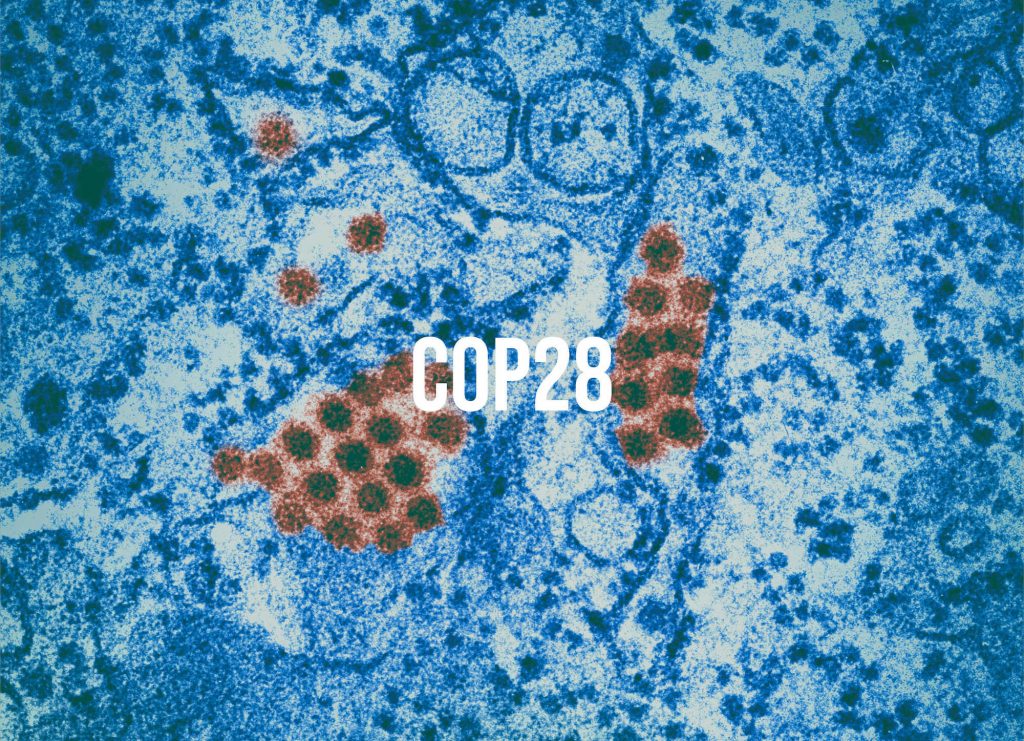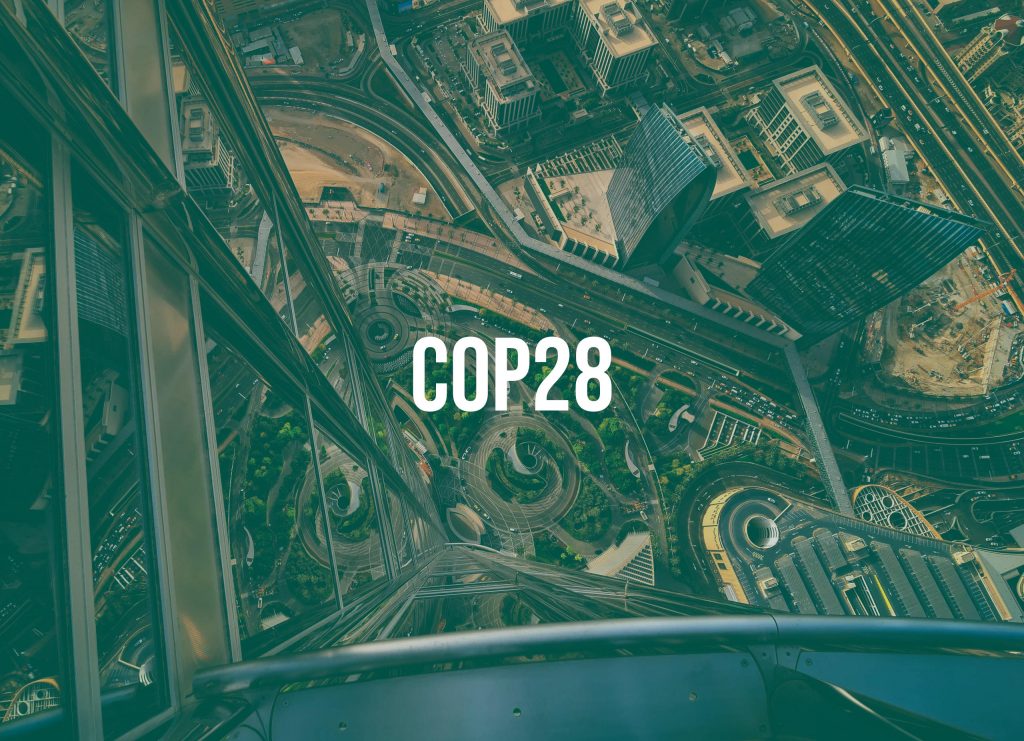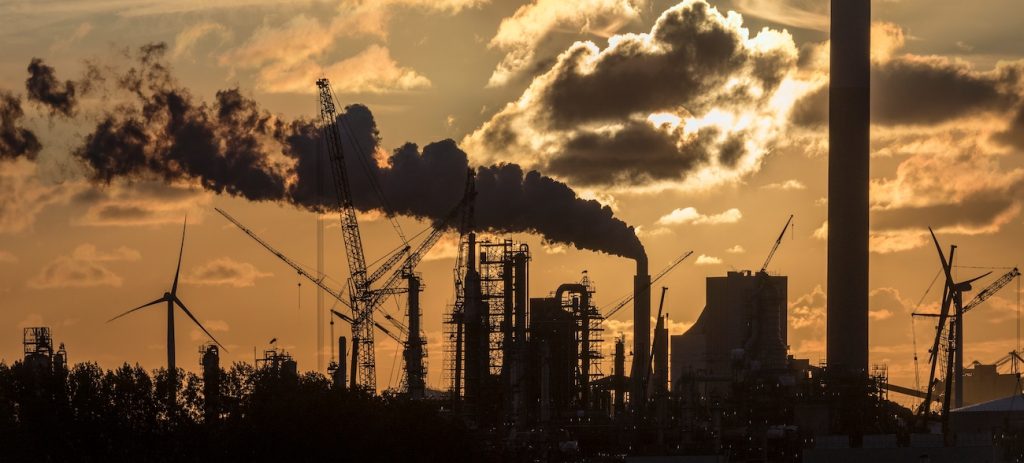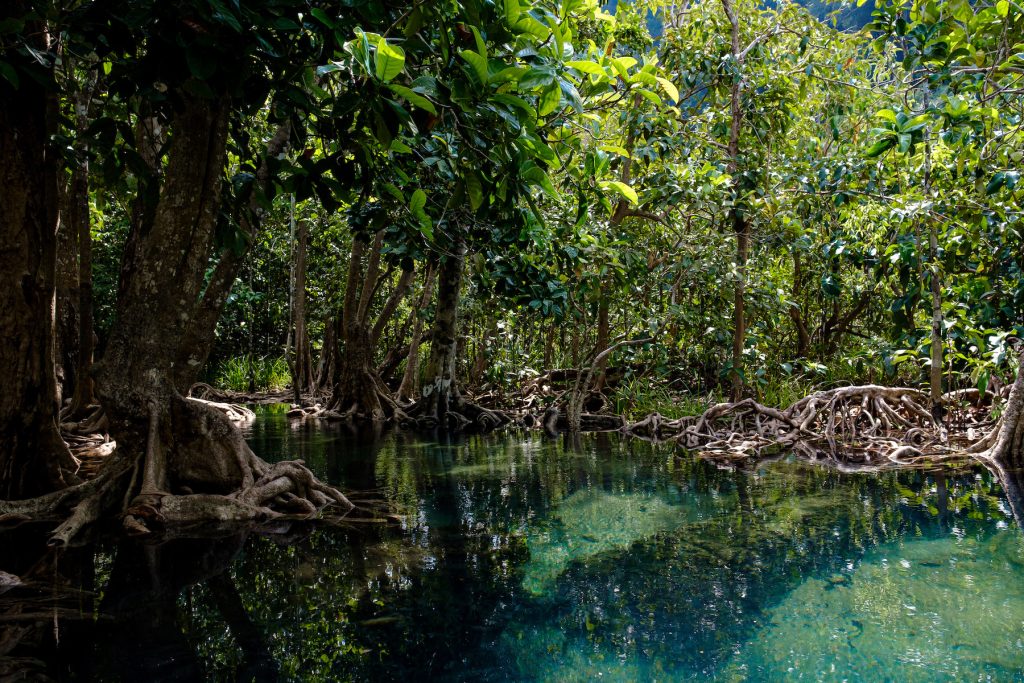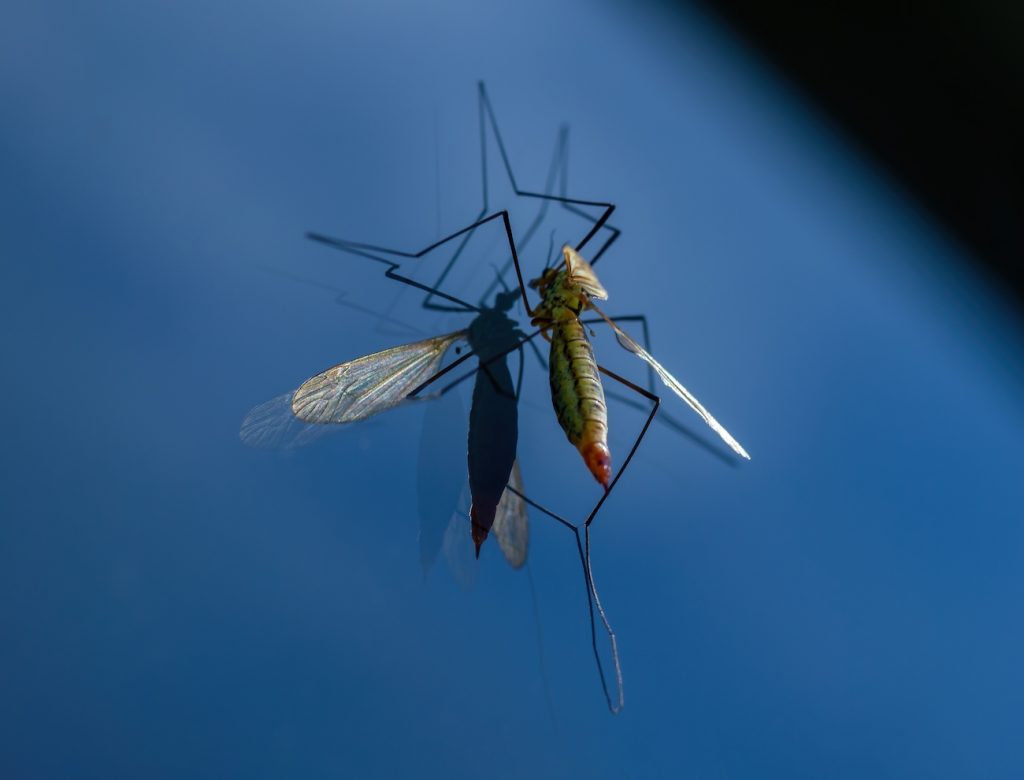
What if AI could save lives? A paradigm shift in weather forecasting
Artificial Intelligence (AI) is showing an ability to provide faster and more accurate medium-range weather forecasts at a global level using fewer computational resources. Remi Lam presents GraphCast, the open-source machine-learning model produced by the AI firm Google DeepMind. Delivering 10-day weather predictions in less than one minute, the model could benefit people’s everyday lives across the globe, as well as providing better warnings for extreme events.

